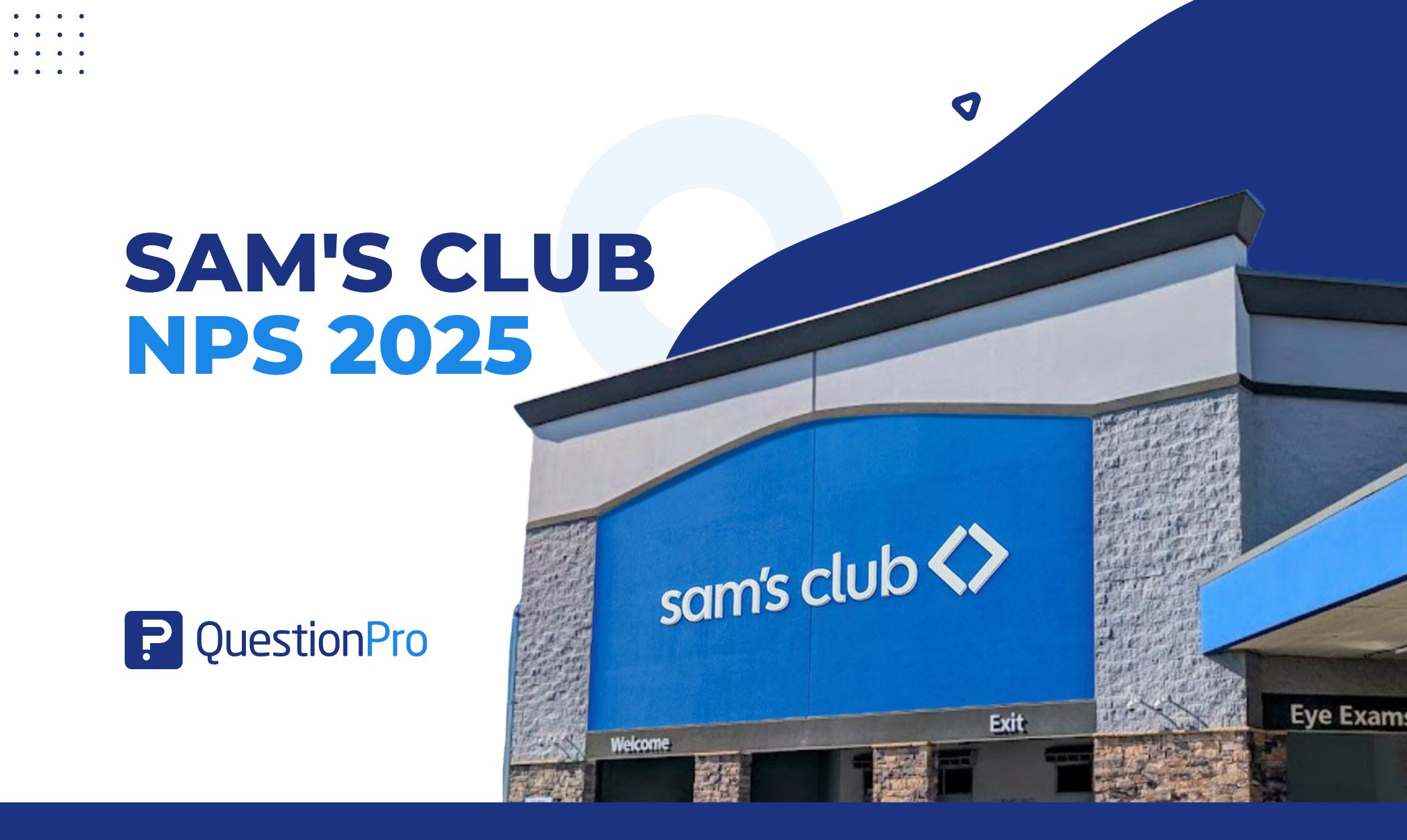
This blog will explore the pivotal question, “How does market research help a business?” By delving into its multifaceted advantages, we uncover the essential ways in which market research empowers businesses to make strategic decisions, create tailored offerings, and stay ahead in an increasingly competitive landscape.
As a small business owner, you’ve probably read about market research. You know that understanding your industry’s social, cultural, and economic frameworks is essential to your success. And you’re aware that you need to know about your customers, the area in which you’re selling, and what your competitors are doing.
What is market research?
Market research is the systematic process of collecting, analyzing, and interpreting data about a specific market, industry, or audience to gain insights and understanding. It involves gathering information about various aspects of the market, such as customer preferences, behaviors, trends, competitors, and economic conditions.
Market research tools aim to provide businesses with actionable information that can inform their strategic decisions, help them identify opportunities, mitigate risks, and develop effective marketing and business strategies.
Conducting a thorough competitive analysis as part of market research revealed key pricing strategies and unique value propositions that set our product apart in the highly competitive tech accessories market.
Qualitative research in market research involves conducting in-depth interviews with potential customers to uncover their underlying motivations and preferences for eco-friendly products. And by utilizing quantitative research methods such as surveys and data analysis, we were able to quantify customer satisfaction levels and identify specific areas for improvement in our service offerings.
Importance of market research
Market research holds immense importance for businesses across various industries. It serves as a guiding light that helps organizations navigate the complexities of the market, make informed decisions, and achieve sustainable growth.
Here are some key reasons highlighting the significance of market research:
Customer Understanding
Market research helps businesses gain deep insights into customer preferences, behaviors, and needs. Understanding your target audience’s motivations and pain points allows you to tailor your products, services, and marketing efforts to meet their expectations better.
Strategic Decision-Making
Informed decisions are the foundation of successful businesses. Market research provides data-driven insights that aid in identifying opportunities, mitigating risks, and shaping strategic plans. Market research supports decision-making, whether launching new products, entering new markets, or changing business models.
Market Segmentation
Businesses rarely have a universal customer base. Effective market research allows you to segment your audience based on demographics, behaviors, and preferences. This segmentation enables personalized marketing strategy and enhances customer engagement.
Competitor Analysis
Staying competitive requires a deep understanding of your rivals. Market research helps identify competitors’ strengths and weaknesses, enabling you to differentiate your offerings and create unique value propositions.
Trend Identification
Market trends can make or break businesses. Researching and identifying current and emerging trends helps you adapt to changing customer preferences, technological advancements, and industry shifts, ensuring your business remains relevant.
Risk Mitigation
Every business decision carries inherent risks. Market research minimizes these risks by providing valuable insights into potential challenges and roadblocks. This empowers you to devise contingency plans and make calculated decisions.
Product Development
Creating products or services without understanding customer needs can lead to failure. Market research guides product development by uncovering gaps in the market, enabling businesses to create solutions that resonate with their target audience.
Optimized Marketing Strategies
Effective marketing requires a deep understanding of where, when, and how to reach your audience. Market research aids in identifying the most effective channels, messages, and strategies for connecting with customers.
Customer Satisfaction
Happy customers are loyal customers. Market research helps improve customer satisfaction by understanding their expectations and addressing their concerns, leading to stronger brand loyalty and positive word-of-mouth.
Resource Allocation
Resources, such as time and money, are finite. Market research ensures efficient resource allocation by providing insights into where to invest for maximum returns and which areas might need less attention.
Business Growth
Ultimately, market research contributes to business growth. With a comprehensive understanding of the market and customer dynamics, you can identify expansion opportunities, tap into new markets, and scale your operations.
Key components of market research
Market research can be conducted through a variety of methods, including surveys, interviews, focus groups, observation, and data analysis from various sources such as public records, social media, and industry reports. The information gathered through conducting market research is used to make informed decisions about product development, pricing, distribution, marketing campaigns, and overall optimal business strategy.
Key components of market research data include:
Market Segmentation
Dividing the target market into distinct groups based on shared characteristics such as demographics, behaviors, and preferences. This helps businesses tailor their strategies to meet specific customer segments’ needs better.
Competitor Analysis
Studying competitors’ offerings, strengths, weaknesses, and market positioning to understand the competitive landscape and identify opportunities for differentiation.
Customer Behavior Analysis
Examining how customers interact with products and services, what influences their buying decisions, and their overall satisfaction levels.
Trend Identification
Identifying current and emerging trends within the industry helps businesses anticipate shifts in customer preferences and adapt their strategies accordingly.
SWOT Analysis
Evaluating the strengths, weaknesses, opportunities, and threats facing a business within its market environment. This analysis aids in strategic planning and risk assessment.
Data Collection and Analysis
Gathering data from various sources, organizing and analyzing it to derive meaningful insights, and making data-driven decisions.
Market Size and Growth Analysis
Assessing the overall size of the market, its growth potential, and the factors driving or inhibiting its expansion.
Primary and Secondary Research
Conducting original research (primary research) through surveys and interviews or using existing data and resources (secondary research) to gather relevant information.
5 ways of market research to help a business
Market research can be overwhelming for many, and its benefits are hidden in obscurity. To help separate fact from fiction, we’ve outlined five reasons ways effective research can help your business.

1. Market Research Centers Business on the Customer
Market research analyzes data about a market, product, or service. And the most obvious benefit is its ability to help you understand your customer. Who are they? What do they want? What do they expect?
Through efficient research, businesses are able to establish an open-ended line of communication with their customers. Once you understand your customer’s needs, you will be able to tailor your business to meet them.
LEARN ABOUT: Purchasing Process
How to start collecting customer feedback today:
- Create a master customer list. Be sure that this list includes the customer’s first name, last name, and email, and then consider including what products or services they use. You can easily upload this list to QuestionPro and then use the data to segment your responses.
- Why not collect customer feedback directly from your website? Use the QuestonPro “embed survey” feature to create a feedback tab or to have a survey pop up to measure your site’s effectiveness after the visitor is ready to leave your site.
2. It Helps Understand Your Competition
Knowing your competitors and what they offer can help make your products, services, and marketing stand out. Sure, research enables you to set your prices competitively, but it also helps you learn from your competition—and do things better.
How to collect competitive information using surveys:
- Check out this article with competitive research basics outlined.
- In this article, we’ve outlined 10 competitive research resources
- Use these basic questions in your competitive research.
3. It Enables You to Test for Success
Need help to judge whether a new product or service will connect with your customer? Research is the most effective way to test ideas before you go full-throttle with them. Through metrics, small business owners are able to see which concepts, campaigns, and messaging resonate best with target customers. The reason to conduct market research is to save money and ensures success.
Got a new idea?
Here’s how to test your concept:
- Check out QuestionPro’s concept testing surveys in the library.
- Don’t spend money on surveys until you’ve done some secondary research. Yes, that means trolling the web for existing studies and research. Why not hit your local library and ask the research librarian? They are an invaluable resource and have access to databases you don’t.
- Contact industry trade associations and publications. Have you read an article that’s close to what you need but doesn’t have all the info? Contact the author and see if they have data that didn’t fit in the article.
- If you need a bigger, broader sample, you can get that through QuestionPro. Just click on “Send survey” and the “Buy Sample” option.
4. It Ensures Your Relevancy
As the old adage goes, change is the only true constant. And in the marketing world, this is especially true. In order to remain successful, all businesses need to anticipate and react to change in order to stay relevant.
By researching the evolving needs of consumers and analyzing your competition’s reactions, you are securing longevity and relevancy in the market. Market research can help business owners to stay innovative and successful—and change with the times.
How to stay relevant:
- The easiest way to stay relevant is to run a tracking or index survey. Simply create a basic survey that you send on a regular basis. Then, you can select the date range you want to see in the reporting feature. You can also create segments of date ranges and compare your progress.
5. It Grows Your Business
All small business owners want to grow their companies—but many are unsure where to begin. Research is your best tool for any type of product development, launch, or business expansion. Solid metrics can help:
- Keep track of trends and future markets
- Identify areas for expansion
- Draft effective strategies for campaigns
- Set realistic targets for business
- Beat competition
- Optimize results
By anticipating the evolving nature of the market, effective research enables business expansion and growth.
Conclusion
Market research is not just an optional step in your business strategy. Rather, it’s a vital tool that can significantly impact your success. By understanding your target audience, validating product ideas, monitoring indirect or secondary competitors, adapting marketing strategies, and minimizing risks, you position your business for growth and sustainability.
Embracing your own market research as an ongoing process ensures that you remain attuned to changing market dynamics and continue to meet the evolving needs of your customers. In a world where data is power, a market research firm empowers your business to make informed choices and thrive in a competitive environment.
QuestionPro is your strategic partner in unraveling the benefits of market research for business success. With comprehensive survey solutions and advanced analytics, we empower you to uncover customer preferences, industry trends, and competitive insights. Elevate your decision-making with actionable data from QuestionPro’s robust platform.







